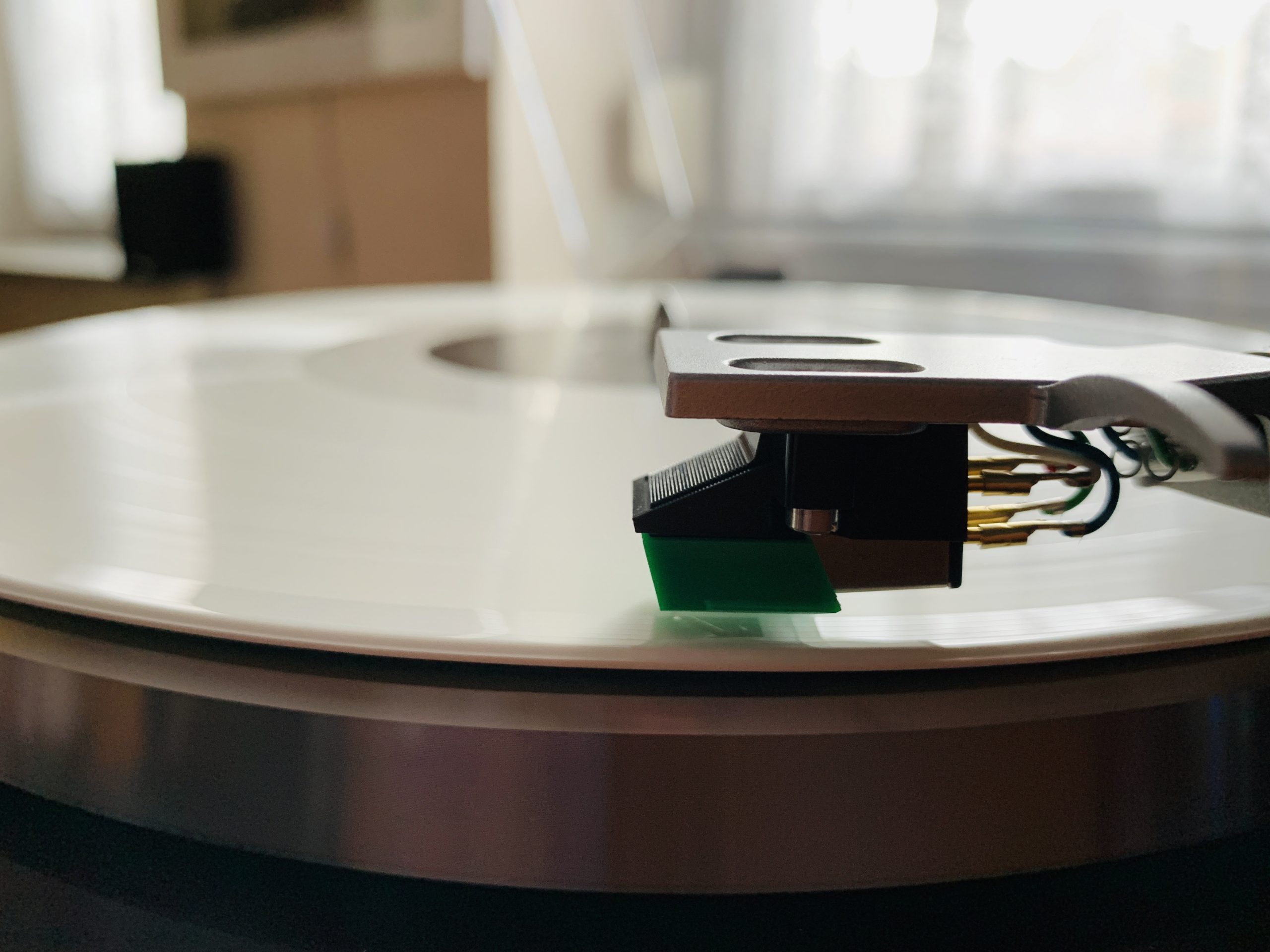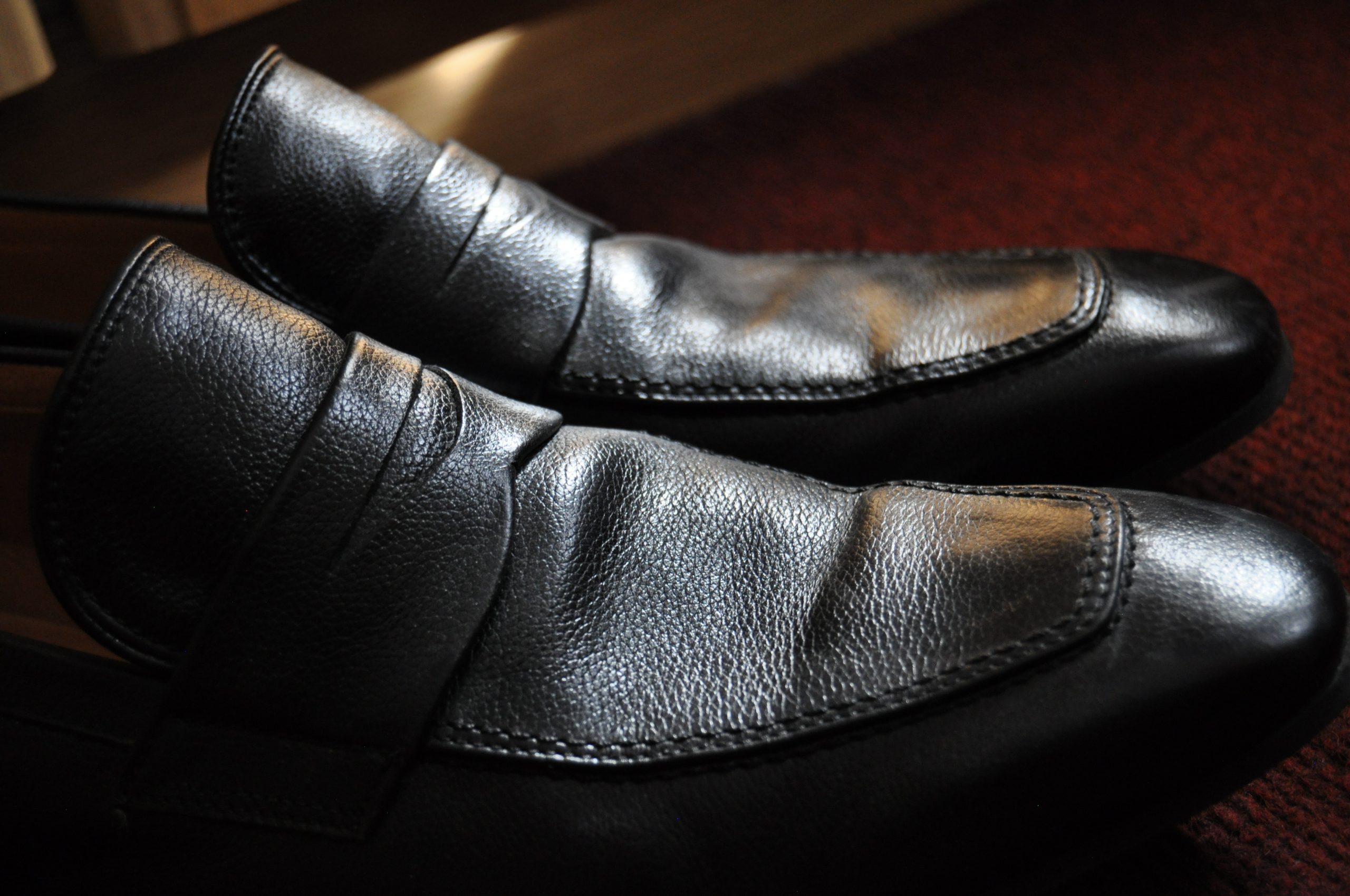“You see, I won’t have it to be bossed around. If I had allowed that, we wouldn’t be here today. Then I would be in the pension insurance institution or the credit institution or somewhere else,” Falco once told a journalist who asked him just what kind of assignments he accepted.
This attitude was probably the reason why Hans Hölzel, born in Vienna, was to achieve great fame. Before great success came, he had to face doubts that affected not only his music, but his whole person and appearance. One thing was certain for the young Falco from the start: he would not be satisfied with an ordinary life and an “ordinary profession”. Creating successful music was his passion, which he wanted to pursue at all costs: Music alone was not enough for Hölzel, it had to be successful and capture the pulse of the times.
Before Falco took his first steps in the music industry, he pondered on his stage name: He was aware that he would not be able to gain an international reputation under his civil name Hans Hölzel…
Falco decided: his music should convey a message to the world.
FALCO?
Legend has it that Hans Hölzel was watching television on New Year’s Day 1977 watching ski jumping – he was particularly impressed by the German jumper Falko Weißpflog. Supposedly, he couldn’t get the name Falko out of his head – so he decided to change the name a bit and made it FALCO. For some time, the young musician used a surname in addition to Falco, but this was soon dropped. The name Falco was born – which created the foundation for an international music career.
At the beginning of his music career at the end of the seventies, Falco did not make his own music, but played in the Viennese scene in various establishments. During this time, Falco developed an aversion to the entirely commercially oriented disco music that he mainly interpreted at the time: for him, making successful music did not only mean earning a fortune with it. His goal was to reach and move people – Falco decided: his music should convey a message to the world.
That Scene (Ganz Wien)
After the Second World War, no German-speaking artist had succeeded in rising to the international top: It’s often said that Marlene Dietrich was the only international German-speaking star of the 20th century.
But that is not quite true: with the singer Falco, a second German-speaking artist achieved what is commonly called “world fame” at the end of the 20th century.
Even when great success came, his parents remained critical of their son’s profession – they were wondering whether his fame would last. Falco was also aware that fame was a shaky framework. Despite the doubts, his father believed that “bank accounts don’t lie”. But Falco himself later confessed: “(…) And that’s why I simply degraded money, the piece of paper, to what it is: a piece of paper.”
In the early eighties, Falco was discovered by the Viennese record label boss Markus Spiegel at a concert with the band Drahdiwaberl. Spiegel and Falco had met during recordings of the band Drahdiwaberl: The entrepreneur immediately recognised the potential in the young musician. Falco’s song That Scene (Ganz Wien) in particular impressed the music entrepreneur – the song dealt with the then emerging drug scene in Vienna in the late seventies and early eighties. That Scene (Ganz Wien) was Falco’s admission to a solo career: that hit was the reason why Falco was signed as a solo artist.
First great successes
In 1981, Falco wrote one of his most memorable song lyrics ever for the hit Der Kommissar: With this hit, Falco climbed to the top of the charts in the early eighties. The special thing about that hit was that he addressed an international audience with the lyrics: the lyrics were a mixture of Viennese slang, High German and everyday English – so he not only appealed to the Viennese audience, the scene from which he originally came, but was also able to prove himself on the international stage.
That certainly made its mark: Der Kommissar was number one in the charts in Germany and Austria at the beginning of the Eighties. This meant that the name Falco was known to almost every music enthusiast in the German-speaking world overnight. In the United States, Der Kommissar also reached a chart position – which was extraordinary for a solo single by a German-speaking artist.
“The common claim that people didn’t pay much attention to the lyrics is nonsense. Especially German lyrics that everyone can understand must sound good. I couldn’t possibly sing kitsch,” Falco once said when asked about the meaning of his lyrics. So for Falco, it wasn’t just commercial success that counted.
The meaning of his lyrics also counted for him: without question, Falco possessed a great poetic talent that even fascinated linguists.
His following albums would decide whether he would remain a “flash in the pan” in the music world or could establish himself as a pop musician in the long run…
Image change
The great success of his first vinyl record put Falco under enormous pressure to continue writing music that would achieve great success: His second studio album Junge Roemer (1984) did not achieve the same success as his first album Einzelhaft (1982), but his second album did not only represent a musical evolution, but also a fundamental change in his outer appearance: Until then, Falco presented himself – true to the spirit of the times – in leather jackets and trainers. But from now on, wearing perfectly fitting designer suits and tailor-made shoes was a crucial part of Falco’s image. Falco, who was considered by many to be an outsider, now wore the clothes of the „establishment“– Falco did not even shy away from a visit to the Vienna Opera Ball in his new get-up. The singer always saw himself as a parody of the establishment: Falco was said to have a provocative vein, arrogance and aloofness – these were all stylistic devices that are still very much appreciated by his fans today. The classic Falco image was born in the mid-eighties.
His new image was a direct hit: admittedly, he was still a bit battered by the fact that his second studio album had not achieved the success of the first. But after a recovery phase, Falco felt able to write more music again. He knew: His following albums would decide whether he would remain a “flash in the pan” in the music world or could establish himself as a pop musician in the long run…
Falco III
Just when Falco had been predicted in the eighties to soon be an unknown again, he released one hit after the other: his winning streak began with Rock Me Amadeus, a modern reworking of the Mozart myth, which came on the market at an opportune moment. Various biographies about Mozart had just been published that completely challenged and redefined the image of the composer that had been consolidated over centuries. Mozart was now considered a womaniser and an outsider – Falco successfully made use of this with his song Rock Me Amadeus. The album Falco III (1985) was not only named “III” because it was his third studio album: often albums are named after a single hit that is on the album. But the number of hits on Falco’s third album was so overwhelming that it was unnecessary to name the album after one of these hits.
“Little Mozart”
With Jeanny, Vienna Calling and Tango the Night, Falco engraved himself forever into the memory of countless music listeners: His third studio album was also a big hit in the United States, the critics either hated Falco’s music or loved the singer from Austria – both meant a platform for him to present his music. Falco did not even go on tour in the United States in 1985 to promote his album – yet Rock Me Amadeus topped numerous American charts for several weeks.
Falco had achieved what he had set his sights on as a child: he wanted to be a star. Even many years after his death, Falco’s music has not been forgotten: The little boy “Hansi”, whom his music teachers had once christened “little Mozart”, had risen to become one of the few German-speaking world stars of the 20th century.
Cover picture: © Simon von Ludwig
Main sources: Lanz, Peter: Falco – Die Biografie [The Biography], 2013 Ueberreuter and Falco’s biography via falco.at.

 Deutsch
Deutsch


